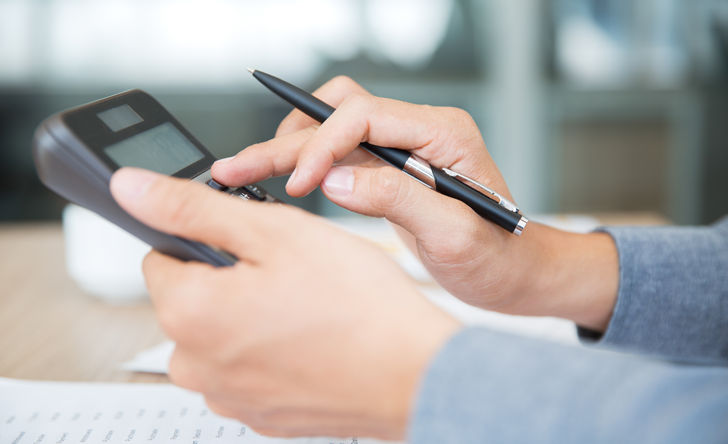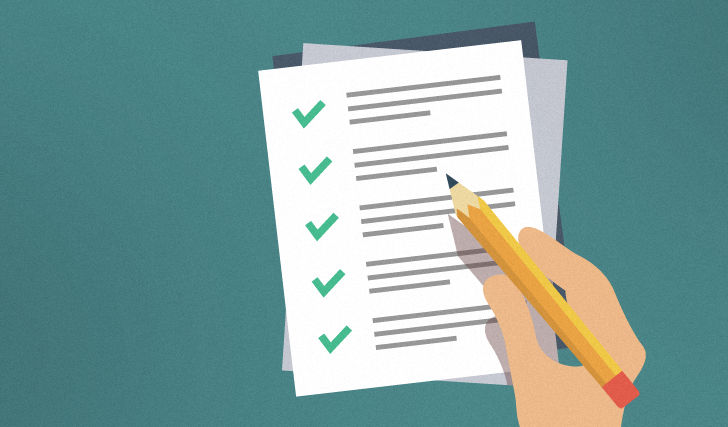Fifty-three per cent of Canadians have already received, or expect to receive, a tax refund for the 2018 tax year, found a new CIBC poll.
The poll also found that most of those who receive a refund will use the money to pay bills, credit cards or loans. But a tax refund isn't the windfall Canadians believe it is, underlines Jamie Golombek, Managing Director, Tax & Estate Planning, CIBC, “rather it's a sign of poor financial planning.”
Talk to a financial advisor
"Canadians love their tax refunds and at this time of year many people are filled with 'intaxication' – a term I use to describe the short-term euphoria of getting a tax refund that fades when you realize you're getting your own money back. A better plan is to ensure your portfolio operates as tax-efficiently as possible to keep more of your money throughout the year," says Golombek. "Now is the perfect time to talk to a financial advisor about how to make the best use of your 2018 refund to meet your goals – and plan not to get a refund next year."
One strategy he suggests is to reduce taxes on every paycheque instead of overpaying and then waiting for a tax refund. This can be done by completing Canada Revenue Agency's one-page form, T1213 "Request to Reduce Tax Deductions at Source" where various deductions or credits can be indicated, such as contributions to RRSPs or childcare expenses.











